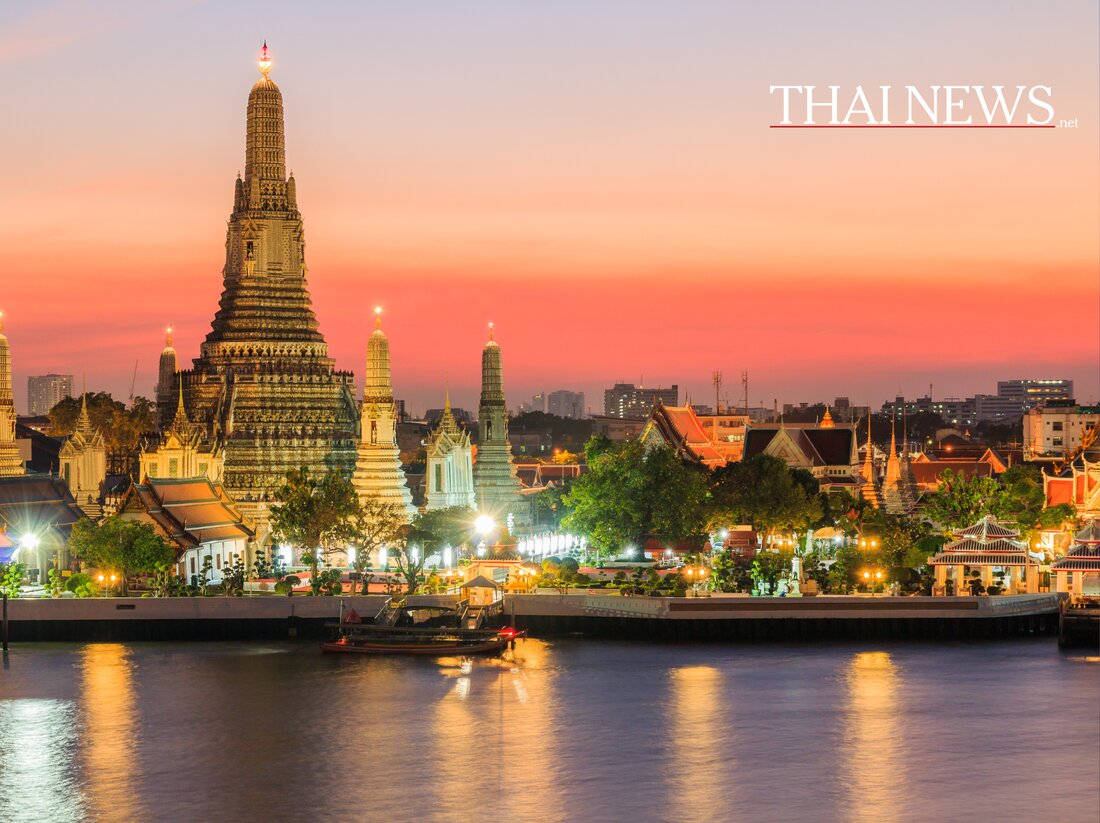Peace sign: Thailand and Cambodia end long-standing conflict!
Thailand and Cambodia sign a historic peace agreement in Kuala Lumpur to end a long-standing border conflict.

Peace sign: Thailand and Cambodia end long-standing conflict!
What a turnaround in the geopolitical landscape of Southeast Asia: Thailand and Cambodia signed a historic peace agreement today that aims to end a long-standing border conflict. This landmark agreement was signed in Kuala Lumpur, Malaysia, in the presence of US President Donald Trump. Thailand's Prime Minister Anutin Charnvirakul and Cambodia's Prime Minister Hun Manet created a milestone in the previous, tense relations between the two neighbors, who have shared a disputed border for over 100 years.
The region had faced major unrest in previous months: In July, there was heavy fighting along the 800-kilometer-long border, in which over 40 people lost their lives and hundreds of thousands were displaced. Nau.ch reports on a time when the situation increasingly escalated - gunfire, rocket launchers and even drones were used. The city of Surin in Thailand was hit particularly hard and was declared a “war disaster area”. Many residents of border regions were forced to flee and are now finding asylum in overcrowded evacuation centers where conditions are anything but comfortable.
The background to the conflict
The tensions are originally rooted in the demarcation of borders from the time of French colonial rule. One point of contention is the temple area of Preah Vihear, which was awarded to Cambodia in 1907 - a decision that Thailand still does not accept. The ZDF sheds light on the background and shows that this dispute is not just about land, but also about national identity. Political tensions in both nations are fueling nationalist ideas, which repeatedly lead governments to respond militarily.
Despite the devastating human and economic consequences of the conflict, both governments have now announced that they will continue talks to ensure peace and stability in the region. Malaysian Prime Minister Anwar Ibrahim is playing a key role in this, having already declared an “immediate and unconditional ceasefire” in July in order to promote dialogue. This step is definitely necessary because geopolitical tensions in the region are high - the USA supports Thailand, while China has Cambodia's back, which makes the chance of an amicable solution more difficult.
Economic and social impacts
The consequences of the escalations are inevitable: in Thai cities like Surin, the economic situation is more critical than ever. People report worrying about their families and their livelihoods. Teacher Onuma and farmer Pornthip, both from the region, describe the threat that they and their relatives are exposed to. Many have left their animals and possessions behind and hope to return to their homeland soon. The current humanitarian crisis is making those responsible sit up and take notice and shows how important the new peace agreement is.
Yesterday's historic moment between Thailand and Cambodia could mark the beginning of a new era of peace - at least if the nations manage to resolve their differences and make the voices of reconciliation louder than those of war. A powerful step towards greater stability and peace, which is important not only for the two countries but also for the entire region.

 Suche
Suche
 Mein Konto
Mein Konto
